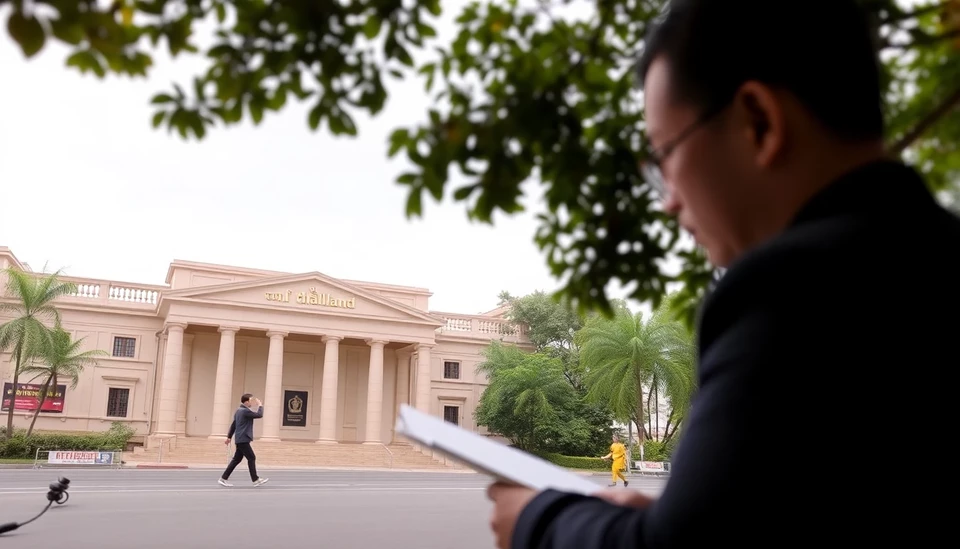
In a significant development reflecting the current state of Thailand's economy, a senior adviser to the Prime Minister has joined a growing chorus of voices urging the Bank of Thailand to consider cutting interest rates. This recommendation comes as a response to a heightening array of economic risks threatening the nation. The call for a proactive approach in monetary policy is driven by a convergence of factors, including external uncertainties and domestic economic pressures.
As inflation rates stabilize and the economic recovery shows signs of sluggishness, several economists, along with the PM's adviser, are advocating for a reduction in interest rates to stimulate growth. The adviser emphasized that lowering rates could provide much-needed support to various sectors of the economy that are struggling to regain momentum post-pandemic.
The Thai economy is facing multifaceted challenges, including fluctuating global markets, a potential slowdown in trade, and ongoing supply chain disruptions. These issues compound the burden on businesses and consumers alike, leading to concerns about a possible economic contraction if action isn't taken swiftly.
In recent months, the Bank of Thailand has maintained its benchmark interest rate at a steady level, but with economic indicators showing signs of weakening, including lower consumer spending and investment activity, the pressure is mounting for policymakers to reassess their stance. Advocates for a rate cut believe such a measure could encourage borrowing and spending, ultimately providing a much-needed boost to the economy.
This dialogue surrounding monetary policy is occurring against the backdrop of a recovering tourism sector, which is still not operating at full capacity compared to pre-pandemic levels. While there is optimism regarding international travel resuming, the ongoing global economic volatility poses risks that cannot be ignored. The adviser warned that failure to adjust monetary policy could lead to stagnation in growth and exacerbate existing economic vulnerabilities.
Market analysts are closely monitoring the situation as discussions continue. Investors, businesses, and consumers alike are eager to understand the implications of potential interest rate adjustments and how they may influence the overall economic environment in Thailand.
In conclusion, as the economic landscape evolves, Thailand’s leadership is tasked with navigating these complexities. The suggestion to reduce interest rates marks an important step in addressing the pressing challenges facing the nation, emphasizing the need for responsive fiscal policies that prioritize economic stability and growth.
As the debate unfolds, all eyes will be on the Bank of Thailand to determine the best course of action in this critical period.
#ThaiEconomy #InterestRates #BankOfThailand #EconomicGrowth #PMAdviser #FinancialPolicy #MarketAnalysis #TourismRecovery
Author: Daniel Foster


